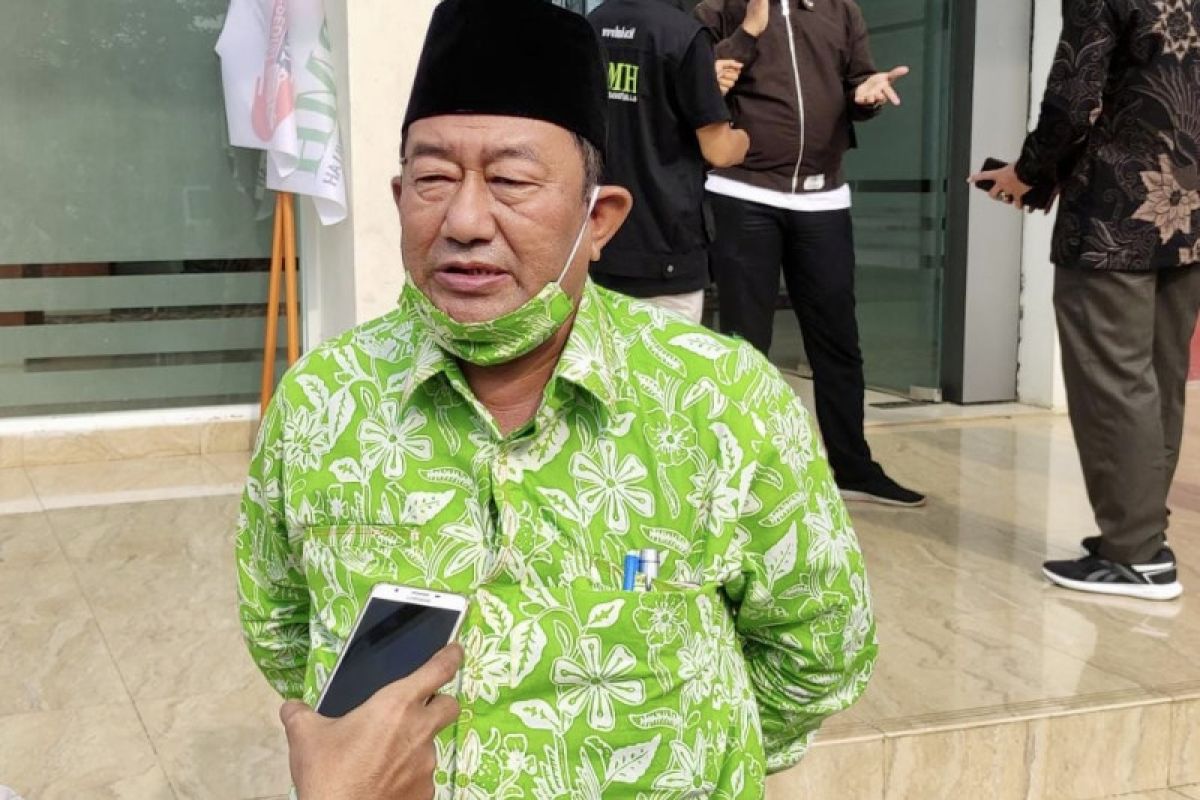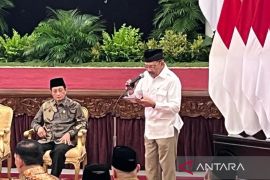"Let us distribute zakat through Baznas or LAZ that already have an operational permit," Director of Zakat and Waqf Empowerment at the Ministry of Religious Affairs Tarmizi Tohor noted in a written statement received here on Tuesday.
Tohor explained that the distribution of zakat through official agencies aims to ensure that the disbursal can be effective and avoid misuse. In addition, distributing zakat through official agencies is aimed at preventing crowds, especially amid the COVID-19 pandemic.
According to Tohor, the distribution of zakat in mass will trigger chaos. It can even potentially be causal to a poverty mentality among people that makes them depend on help from muzaki (alms donors) for leading their lives.
"Baznas and LAZ have a mechanism in place for distributing zakat, not only distributing staple goods but also having an empowerment program for mustahiq (zakat recipients)," he remarked.
He also encouraged people to pay zakat early in order to facilitate zakat distribution to mustahiq.
Related news: Religious Affairs Ministry encourages people to pay zakat early
"If people pay zakat on the 27th and 28th of Ramadan, then the amil (zakat collector and manager) will only have a few days to distribute it," he noted.
Tohor urged Muslims to not only pay zakat but also to increase infaq and sedekah.
He noted that the economic impacts of the COVID-19 pandemic were still being felt by the community until now.
According to Tohor, the obligation to pay zakat to Muslims is a way to realize social justice in the economic field.
"This is an opportunity for Muslims to help each other in this blessed month of Ramadan. Zakat, infaq, and sedekah are types of worship that have social benefits," he affirmed.
Related news: Philanthropic collaboration needed for boosting digital technology use
Translator: Asep firmansyah, Raka Adji
Editor: Rahmad Nasution
Copyright © ANTARA 2022












